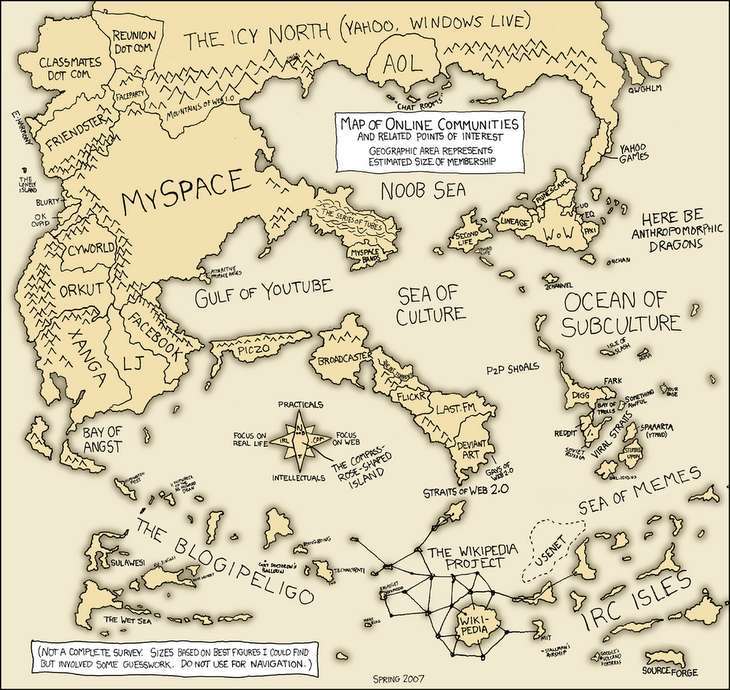My primary focus in blog will be the ongoing struggle to create an Internet that serves the public interest, one that incorporates the highest ideals that the evolution of web 2.0 points toward. I will watch the industry and I will watch the tech watchers and give you my honest perspective. I will tell you about companies that are doing good work and trying to improve things, and alert you to those that are being sneaky. In the same way as buying green produce supports and helps people make deeper changes in industry practices, we can vote with our on-line attention and dollars, giving our business to those online companies who put you in the middle of the picture.
Pinchbeck is a controversial figure in New Age discourse, and has been described by many as a modern-day Timothy Leary, though Terence McKenna is a more appropriate comparison. His ambitious goals to evolve the global consciousness through the appropriation of technology and communication practices is reminiscent of Stewart Brand's Whole Earth Catalog (see From Counterculture to Cyberculture, part 1 and part 2).
Implications for Research
Is this a new stage in the rise of digital utopianism? Are we witnessing the rise of technoshamanism? How does this New Age subculture find strength in global, online communities (such as Tribe)?




